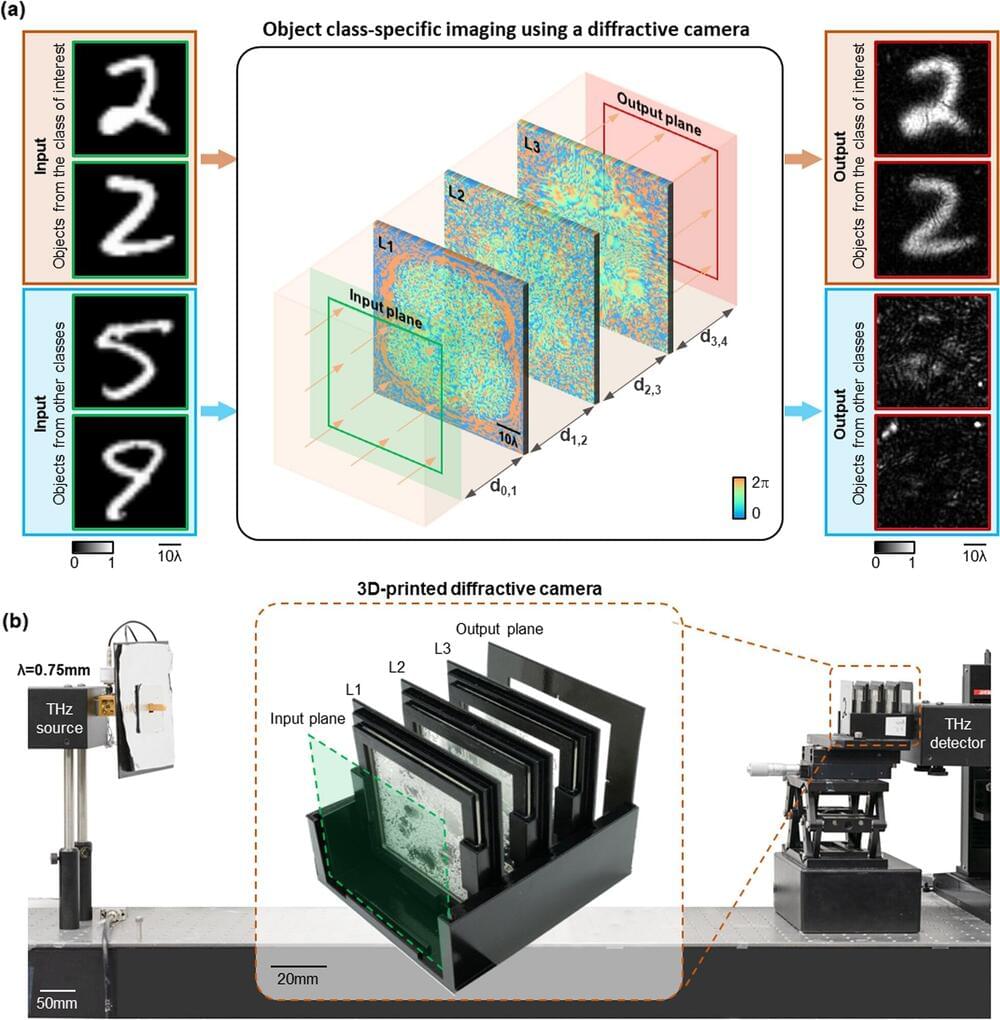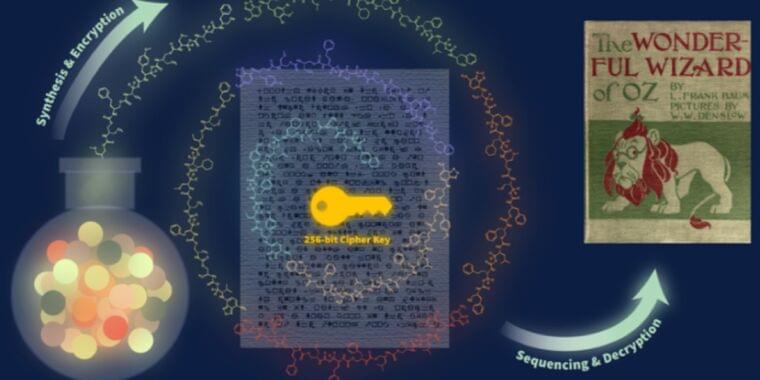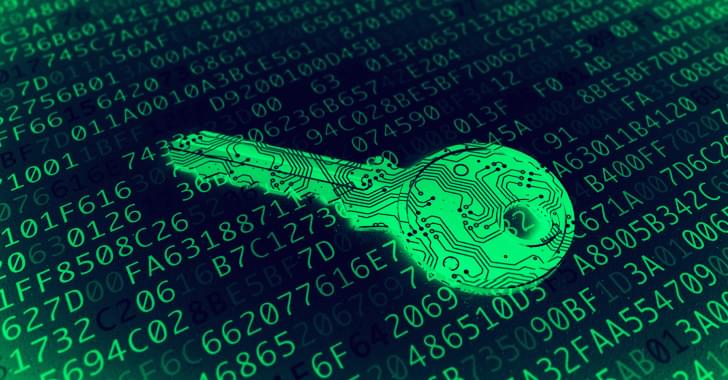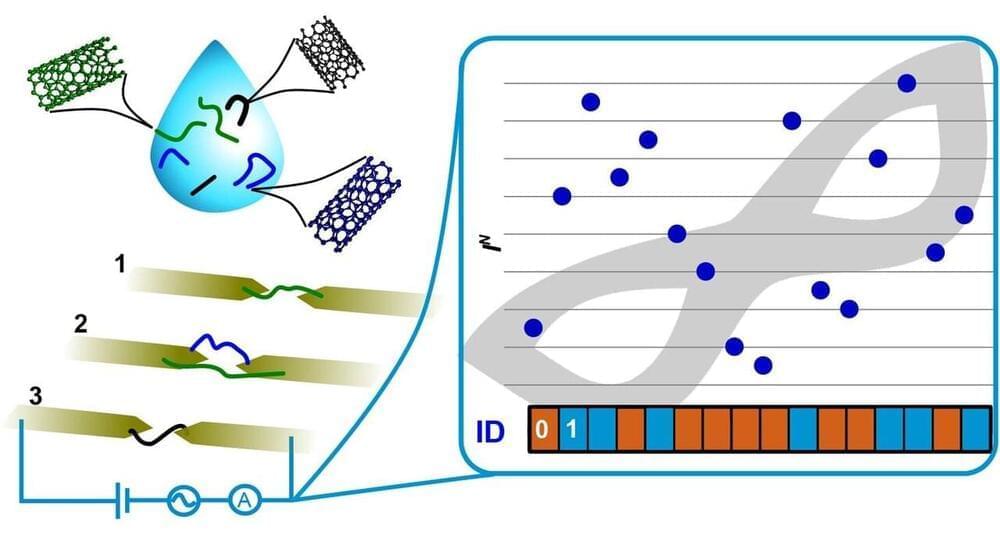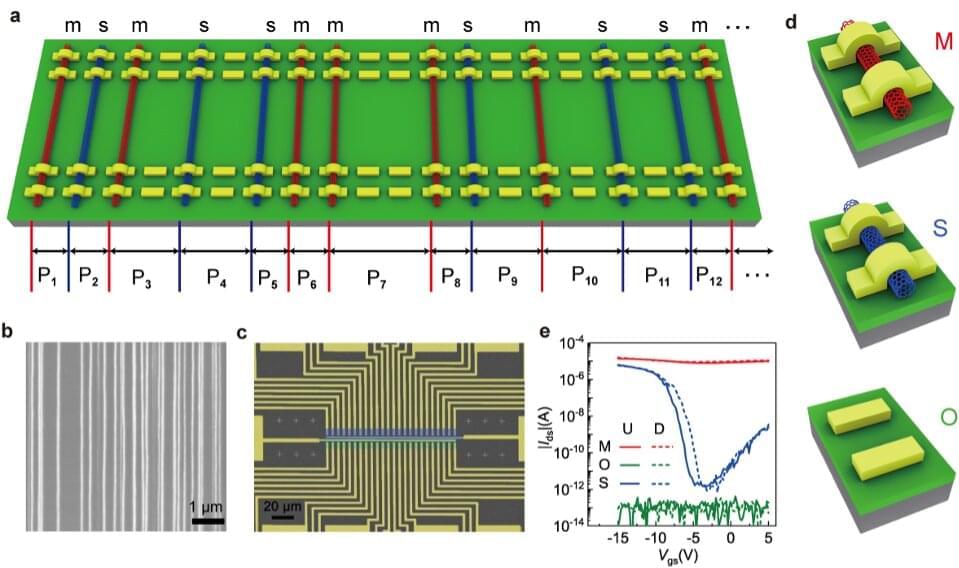Aug 27, 2022
Quantum computing is an even bigger threat than artificial intelligence
Posted by Kelvin Dafiaghor in categories: blockchains, encryption, information science, quantum physics, robotics/AI, satellites, security
Given the potential scope and capabilities of quantum technology, it is absolutely crucial not to repeat the mistakes made with AI—where regulatory failure has given the world algorithmic bias that hypercharges human prejudices, social media that favors conspiracy theories, and attacks on the institutions of democracy fueled by AI-generated fake news and social media posts. The dangers lie in the machine’s ability to make decisions autonomously, with flaws in the computer code resulting in unanticipated, often detrimental, outcomes. In 2021, the quantum community issued a call for action to urgently address these concerns. In addition, critical public and private intellectual property on quantum-enabling technologies must be protected from theft and abuse by the United States’ adversaries.
https://urldefense.com/v3/__https:/www.youtube.com/watch?v=5…MexaVnE%24
There are national defense issues involved as well. In security technology circles, the holy grail is what’s called a cryptanalytically relevant quantum computer —a system capable of breaking much of the public-key cryptography that digital systems around the world use, which would enable blockchain cracking, for example. That’s a very dangerous capability to have in the hands of an adversarial regime.
Continue reading “Quantum computing is an even bigger threat than artificial intelligence” »

